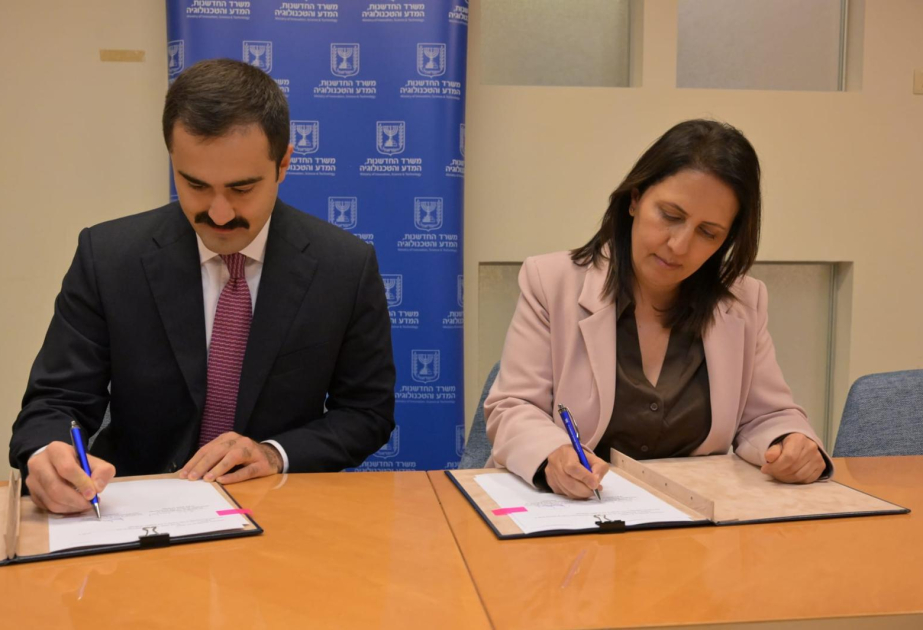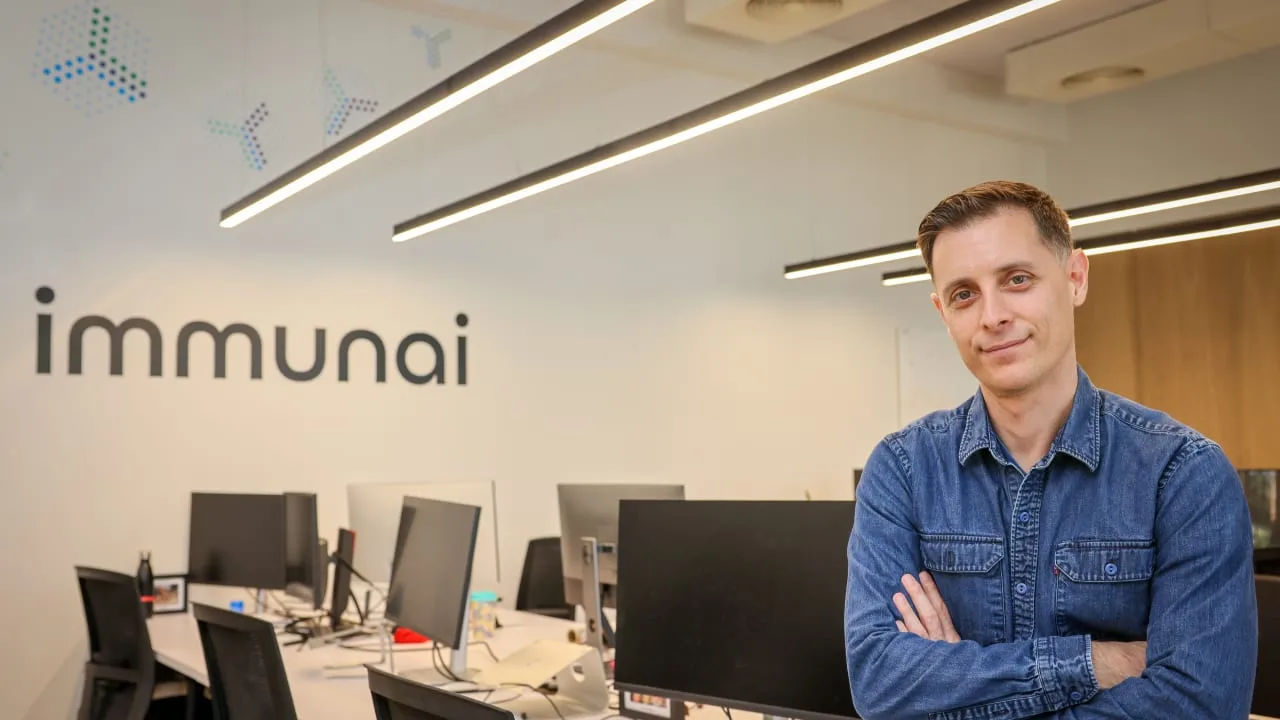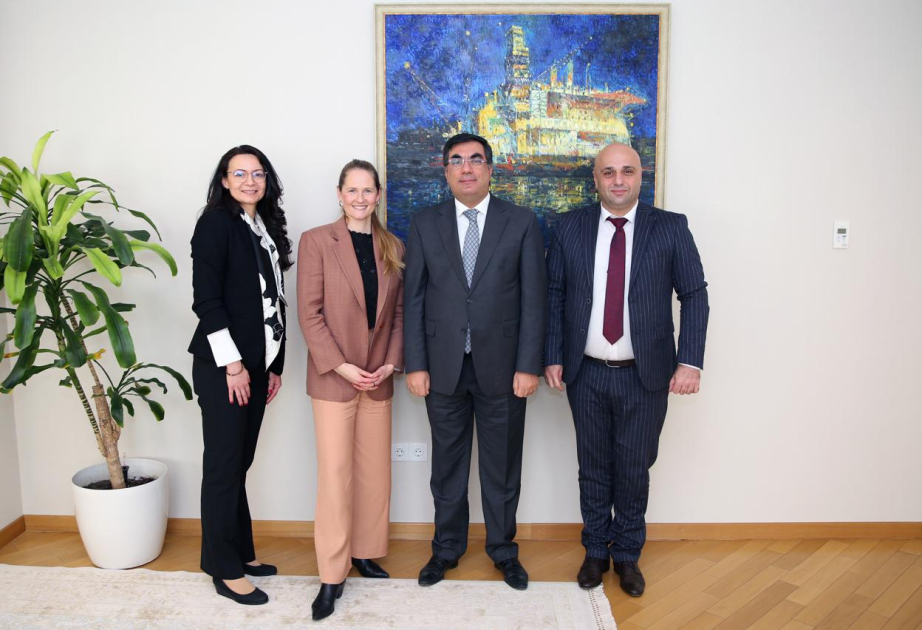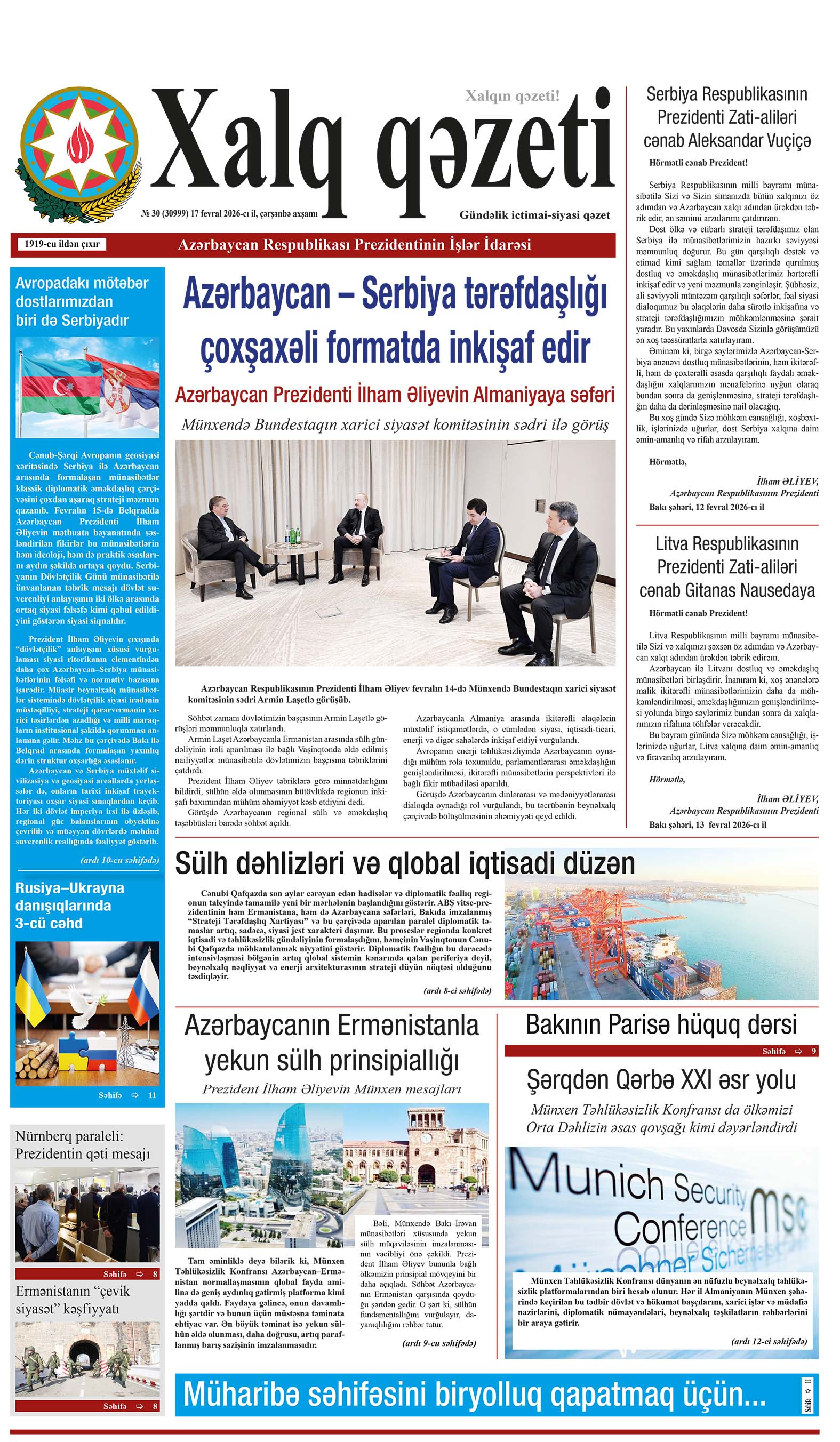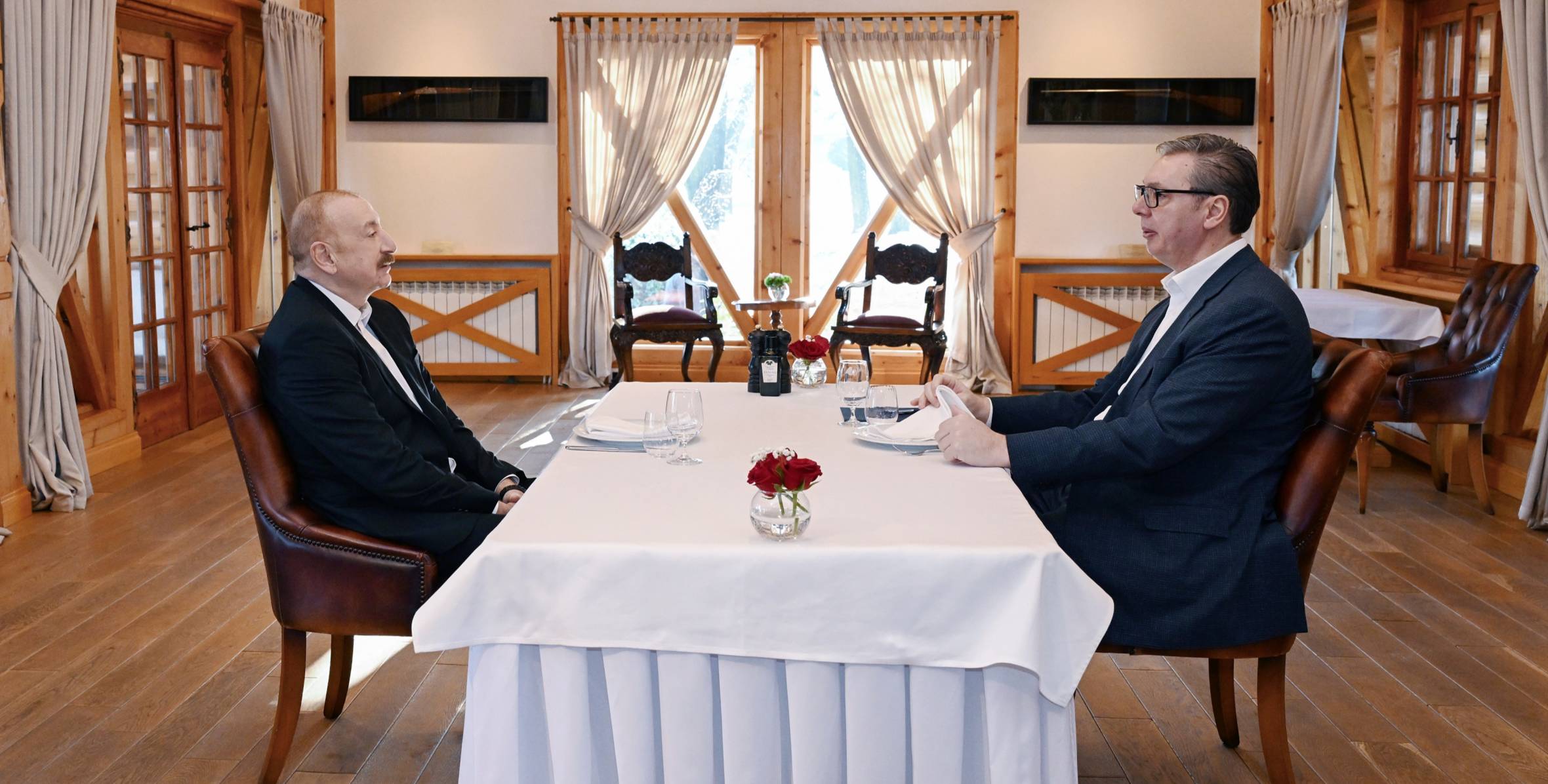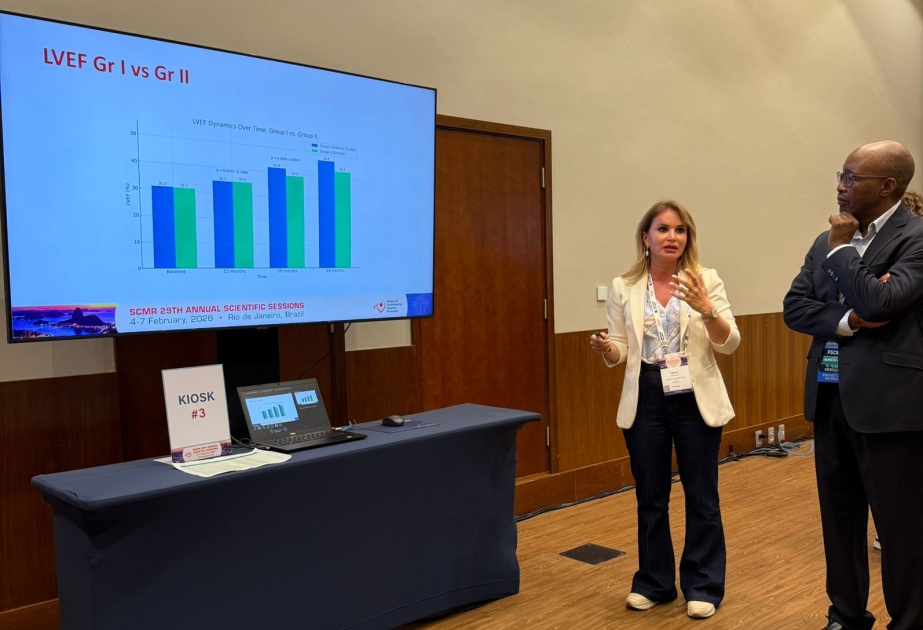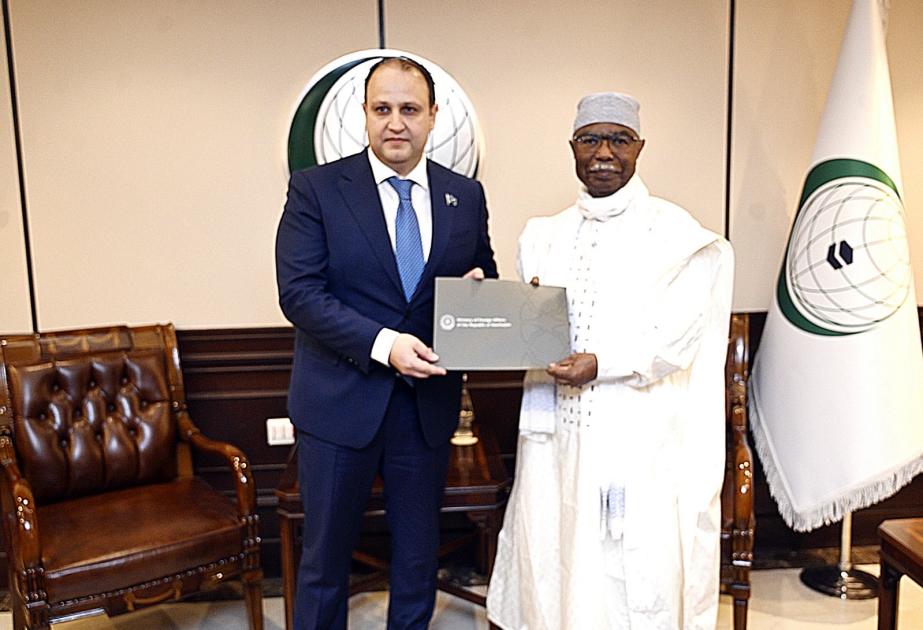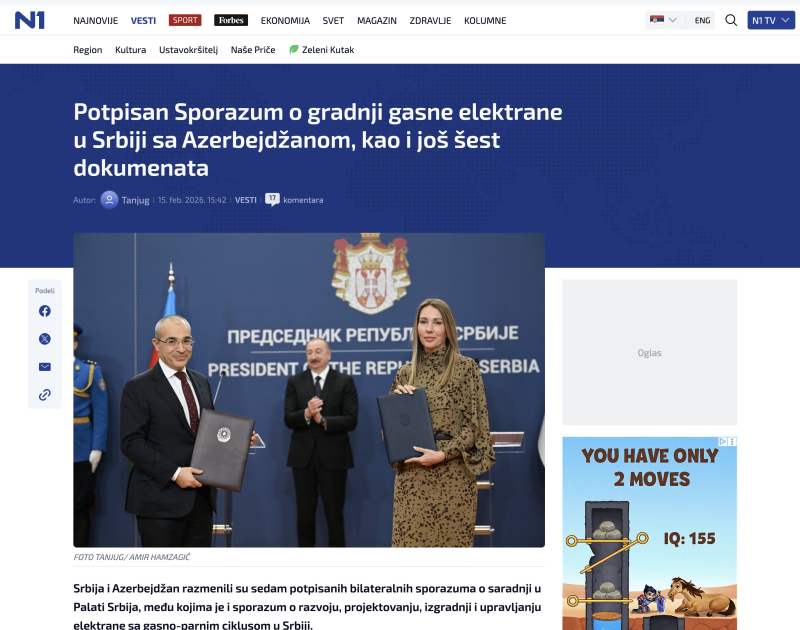ByJERUSALEM POST STAFF
This research provides the first scientific evidence identifying changes in protein secretion as a major reason for the reduced efficacy of exercise in aging individuals.
A team of South Korean scientists has discovered a protein that could be key to combating age-related muscle and bone loss. Led by Dr. Yong Ryoul Yang of the Aging Convergence Research Group at the Korea Research Institute of Bioscience and Biotechnology (KRIBB) and Professor Nak-Sung Kim of Chonnam National University, the researchers identified cardiotrophin-like cytokine factor 1 (CLCF1) as a central player in mediating the health benefits of physical activity.
The research revealed that CLCF1 is secreted by muscles during exercise. This protein not only strengthens muscles but also enhances bone density, effectively suppressing musculoskeletal aging. To explore how CLCF1 responds to exercise and aging, participants were divided into young and elderly groups. The team monitored changes in blood CLCF1 levels after exercise sessions.
In the younger group, CLCF1 levels increased significantly after just one exercise session. However, in older adults, noticeable increases in CLCF1 were observed only after more than 12 weeks of continuous exercise. This suggests that aging affects how quickly and effectively the body can produce this vital protein in response to physical activity.
Further experiments on aged mice provided more insights. When CLCF1 was administered to elderly mice, they exhibited improved muscle strength and increased bone density. On the other hand, blocking the action of CLCF1 rendered exercise ineffective in these mice, confirming that the protein is essential for reaping the benefits of physical activity.
Delving deeper, the researchers found that CLCF1 enhances mitochondrial function in muscle cells. It also inhibits the formation of bone-resorbing osteoclasts while promoting the differentiation of bone-forming osteoblasts. These mechanisms collectively contribute to its ability to counteract age-related decline in muscle and bone health.
"This research provides a biological basis for why exercise becomes less effective with age, and it lays the groundwork for developing new therapeutic strategies for healthy aging," said Dr. Yong Ryoul Yang from KRIBB. "In particular, the findings offer new directions for treating age-related sarcopenia and osteoporosis."
Established in 1985, KRIBB is a leading national research institute in South Korea dedicated to cutting-edge research in biotechnology and life sciences. As a government-funded institution, KRIBB plays a pivotal role in driving innovation, supporting national R&D strategies, and collaborating with academic and industrial partners both domestically and internationally.
The study was published online in Nature Communications, the paper is titled "Exercise-induced CLCF1 attenuates age-related muscle and bone decline in mice." The corresponding authors are Dr. Yong Ryoul Yang and Dr. Ki Sun Kwon from KRIBB, along with Professor Nak-Sung Kim from Chonnam National University.




